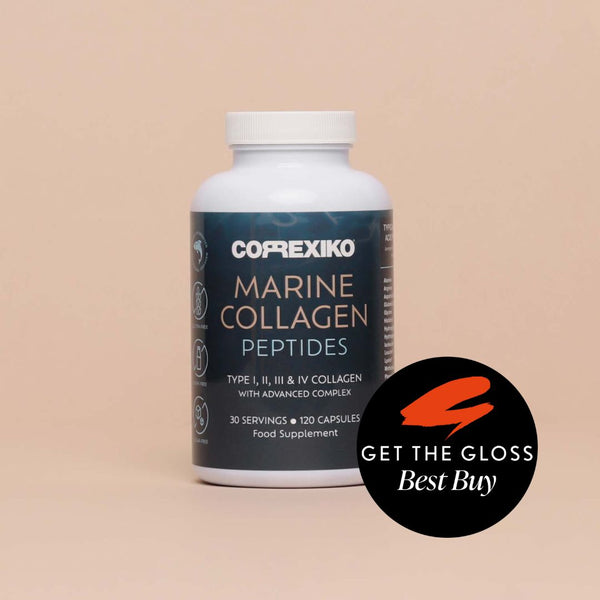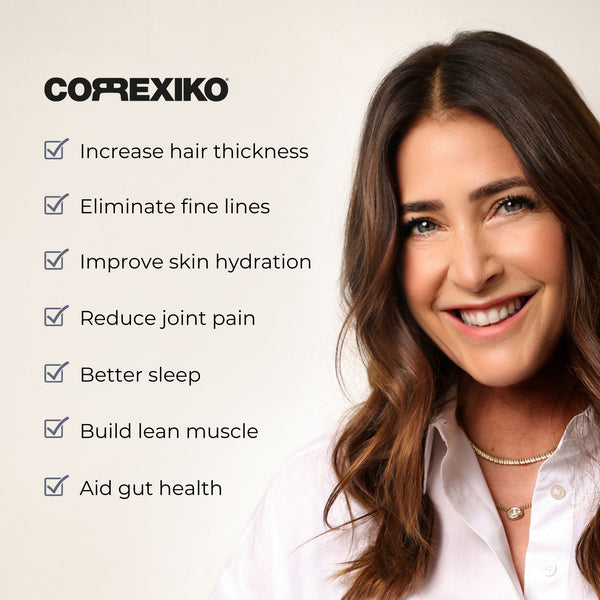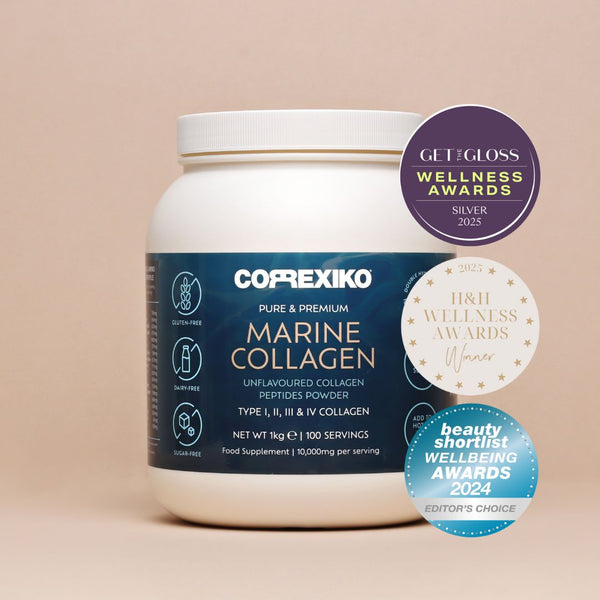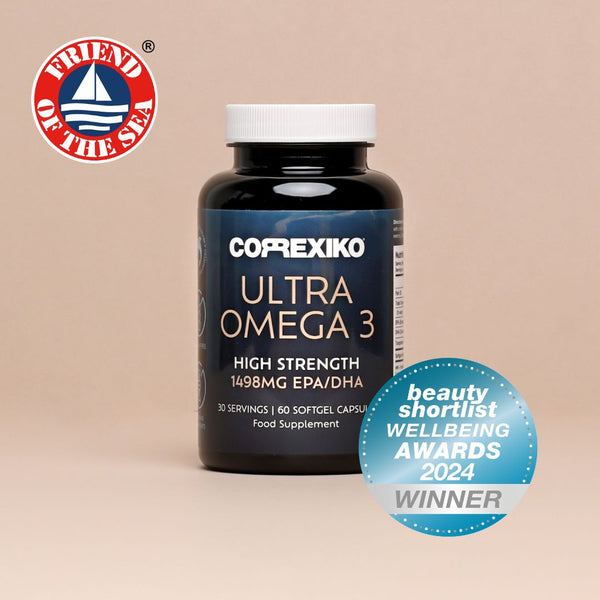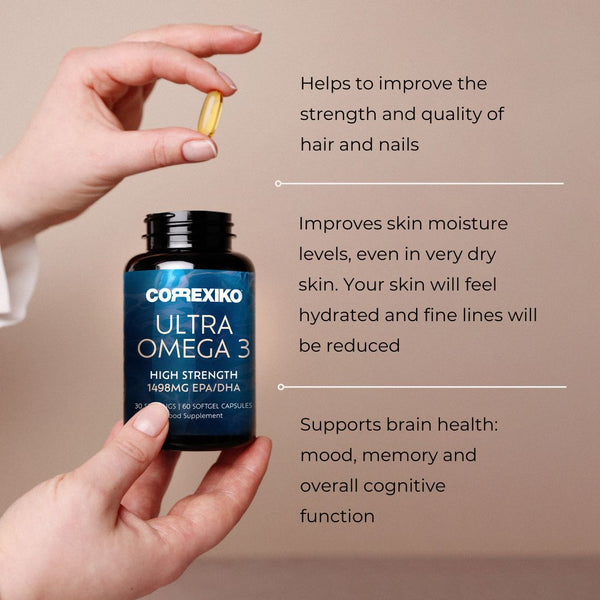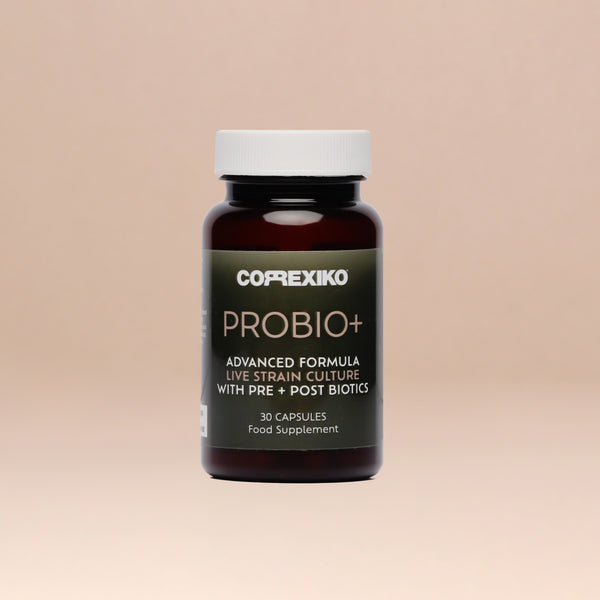Sun damage to the skin refers to the harmful effects caused by prolonged or excessive exposure to the sun's ultraviolet (UV) radiation. The sun emits different types of UV radiation, including UVA and UVB rays, which can have damaging effects on the skin.
When the skin is exposed to UV radiation, several changes occur. One of the primary effects is the increased production of melanin, a pigment responsible for skin colour. This leads to tanning or darkening of the skin, which is the body's natural defence mechanism against further UV damage. However, prolonged exposure can overwhelm the skin's protective mechanisms and lead to sunburn.
UV radiation also penetrates the deeper layers of the skin, causing damage to collagen and elastin fibres. Collagen is a protein that provides strength and structure to the skin, while elastin allows the skin to stretch and bounce back. Sun exposure breaks down these fibres, resulting in the loss of elasticity, firmness, and plumpness of the skin. Over time, this can lead to the development of wrinkles, fine lines, sagging skin, and a leathery texture.
Furthermore, UV radiation induces the production of reactive oxygen species (ROS) in the skin. ROS are unstable molecules that can cause oxidative stress, damaging cellular structures such as DNA, proteins, and lipids. This oxidative stress can disrupt the normal functioning of skin cells, impair the production of collagen, and accelerate the ageing process.
Sun damage also increases the risk of developing skin conditions such as actinic keratosis (rough, scaly patches on the skin), solar lentigines (dark spots or age spots), and can contribute to the development of skin cancer, including melanoma.
To prevent sun damage, it is crucial to protect the skin from excessive sun exposure. This can be achieved by applying broad-spectrum sunscreen with a high SPF (Sun Protection Factor), seeking shade during peak sun hours, wearing protective clothing, and using accessories like hats and sunglasses. Regular skin checks and early detection of any suspicious skin changes are also essential for maintaining skin health.
How can ingestible collagen help your skin?
Taking collagen as a supplement is believed to have potential benefits for sun-damaged skin. Here are a few ways in which taking collagen may help sun-damaged skin:
Promoting collagen production: Collagen is a vital component of the skin, providing structure, strength, and elasticity. UV radiation from the sun can break down collagen fibres, leading to signs of sun damage such as wrinkles and sagging skin. Taking collagen supplements may provide the body with additional amino acids and peptides that can support collagen synthesis and potentially help restore some of the lost collagen.
Enhancing skin hydration: Sun damage can impair the skin's ability to retain moisture, resulting in dryness and a dull appearance. Collagen has the potential to improve skin hydration by attracting and retaining water molecules in the skin, promoting a more hydrated and plumper complexion.
Antioxidant properties: Collagen contains certain amino acids, such as glycine and proline, which have antioxidant properties. Antioxidants help neutralize harmful free radicals generated by sun exposure, reducing oxidative stress and minimizing damage to skin cells.
Supporting skin repair: Sun damage can lead to inflammation and tissue damage in the skin. Collagen supplements may support the body's natural healing process by providing the necessary building blocks for tissue repair and regeneration.
Dr Dinuk says: “Vitamin C is also a super potent antioxidant to fight off wrinkles caused by sun damage, so we recommend our customers try making a lemon & collagen hydration water - simply add some around 4 - 5 slices of fresh lemon and a little squeeze of juice to a litre of water and 10g of either Correxiko bovine or marine collagen powder, wait until the powder has dissolved and then drink this before and after laying in the sun. You can also add lime if you prefer. Feel free to add ice, or keep it in the fridge so it stays nice and chilled for you.”
Final note:
Most importantly of all – wear sunscreen every day in your skincare routine, factor 30 or higher. Even on cloudy days, even in the UK.

